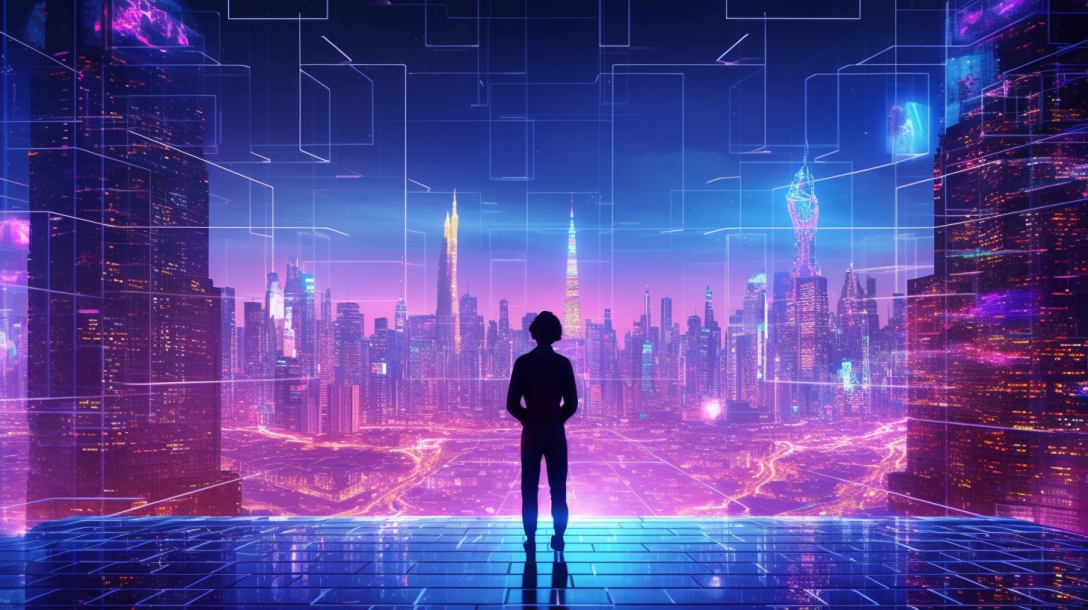Different Visions of AI: A Study of Cognitive Biases

Introduction
Artificial Intelligence (AI) is a rapidly evolving field that is transforming our world in unprecedented ways. However, people’s perceptions of AI are often shaped by their cognitive biases. This blog post will explore how these biases influence our visions of AI.
Understanding Cognitive Biases
Cognitive biases are systematic errors in thinking that affect the decisions and judgments that people make. Some of these biases can lead to overconfidence in personal beliefs, while others can lead to a tendency to see information that confirms those beliefs.
The Role of Cognitive Biases in Shaping AI Perceptions
Cognitive biases can significantly influence our understanding and perception of AI. They can affect our attitudes towards AI, our willingness to adopt AI technologies, and our views on how AI should be regulated.
Different Visions of AI Influenced by Cognitive Biases
Optimism Bias and AI: The Utopian Vision
Optimism bias is the tendency to believe that our future will be better than our past. This bias can shape a positive, utopian vision of AI, where AI solves all our problems and leads to a future of abundance. However, unchecked optimism can lead to underestimating potential risks associated with AI.
Pessimism Bias and AI: The Dystopian Vision
Pessimism bias is the tendency to overestimate the likelihood of negative outcomes. This bias can shape a negative, dystopian vision of AI, where AI leads to job loss, social inequality, or even a Terminator-style apocalypse. While it’s important to consider potential risks, excessive pessimism can hinder the development and adoption of beneficial AI technologies.
Confirmation Bias and AI: The Tunnel Vision
Confirmation bias is the tendency to search for, interpret, and remember information in a way that confirms one’s preexisting beliefs. This bias can limit our understanding and perception of AI, leading us to ignore evidence that challenges our preconceived notions.
Anchoring Bias and AI: The Status Quo Vision
Anchoring bias is the tendency to rely too heavily on the first piece of information encountered (the “anchor”) when making decisions. In the context of AI, this bias can lead to a stagnant vision, where we expect AI to continue along the same trajectory, ignoring the potential for radical shifts in AI capabilities.
The Impact of Cognitive Biases on AI Development and Policy
Cognitive biases can have significant implications for AI development and policy. They can influence what AI technologies are developed, how they are implemented, and how they are regulated. Recognizing and mitigating these biases is crucial for ensuring that AI is developed and used in a way that benefits all of society.
Conclusion
Our cognitive biases shape our visions of AI, for better or worse. By recognizing these biases, we can strive to form a more balanced and realistic vision of AI. As we continue to navigate the AI revolution, let’s challenge ourselves to think critically, question our assumptions, and engage in open and inclusive discussions about the future of AI.